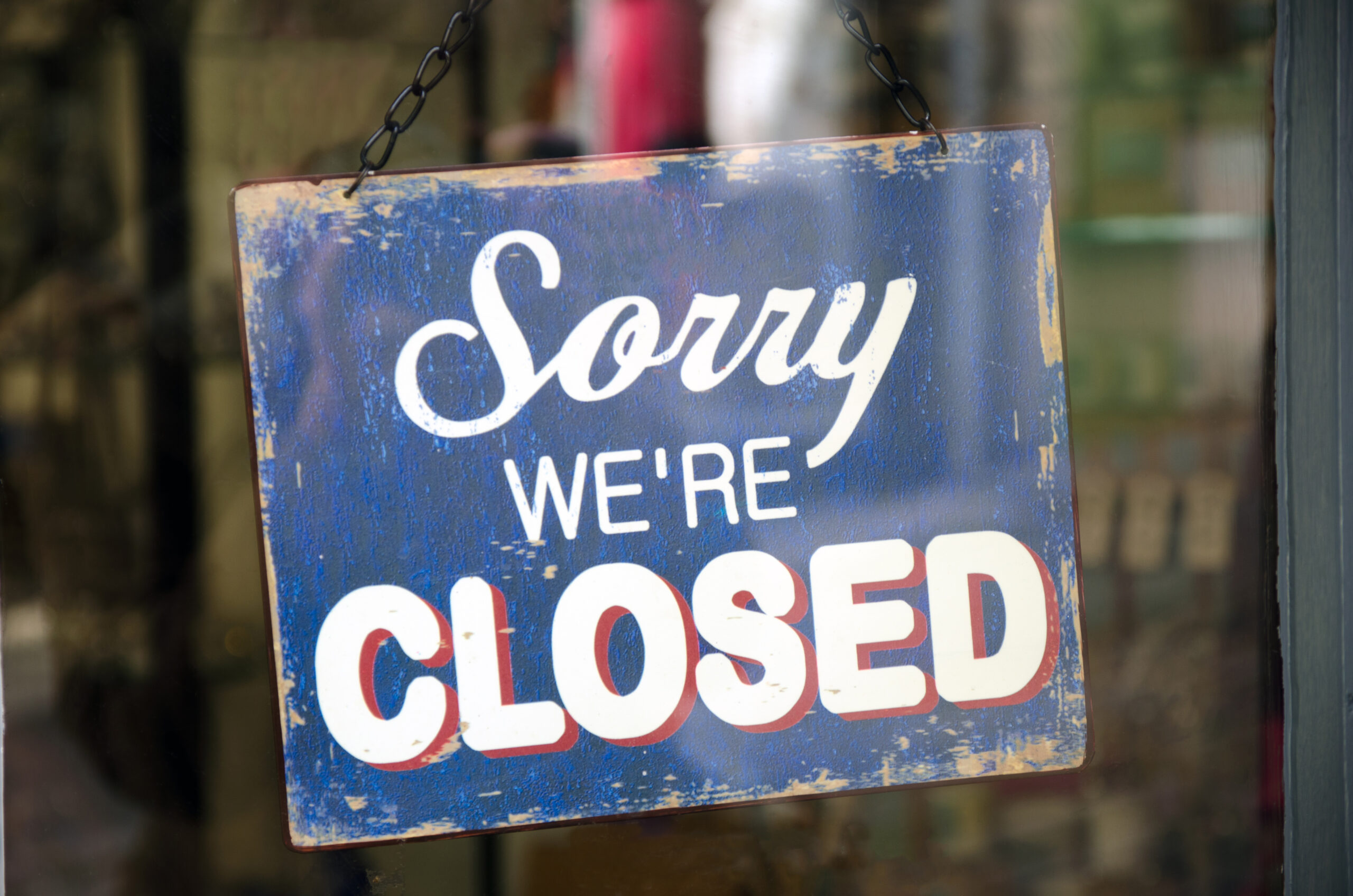
Covid-19 BI claims update: policyholder-friendly judgment in At The Premises litigation
London International Exhibition Centre Plc -v- Royal & Sun Alliance Insurance Plc and others [2023] EWHC 1481 (Comm)
In the latest instalment in the wave of Covid-19 business interruption litigation making its way through the courts since the pandemic, a group of policyholders have been successful in their claim that the Supreme Court’s approach to causation in relation to ‘radius’ wordings should equally apply to the ‘at the premises’ wordings.
This result has a much broader application than simply for the parties to this litigation, and paves the way for large numbers of policyholders on similar wordings to argue that their claims are covered.
The background
While the FCA test case litigation represented a victory for policyholders in many respects, it also left a number of loose ends – one of which this recent ruling ties up in their favour.
With regard to ‘radius’ wordings, that is, business interruption policies that respond to cases of a notifiable disease occurring within a specified radius of the premises, the Supreme Court concluded that that each case of Covid-19 was a concurrent cause of the restrictions. As such, in order to show that loss from interruption of the insured business was proximately caused by one or more occurrences of Covid-19, it was sufficient to prove that the interruption was the result of government action taken in response to cases of disease which included at least one case of Covid-19 within the geographical area covered by the clause.
‘At the premises’ wordings, namely clauses providing for cover for losses caused by restrictions resulting from cases of notifiable diseases at the premises themselves – as opposed to within a specified radius of the premises – were not within the ambit of the FCA test case.
As a result, there was uncertainty as to whether the Supreme Court’s causation analysis was equally applicable to such clauses. This judgment now clarifies that it is.
The policyholders’ position
The claimant policyholders, who included the London International Exhibition Centre the restaurant chain, Pizza Express, as well as a number of smaller businesses including a hairdresser, two gyms, and various hospitality venues, had all suffered significant BI losses as a result of the pandemic, and all had ‘at the premises’ cover as part of their business interruption insurance. Applying the same approach to proximate causation as adopted by the Supreme Court in the FCA test case, they argued that their policies should respond to cover their losses.
The insurers’ position
The insurers disagreed. One of the main themes was that ‘at the premises’ clauses and ‘radius’ clauses provided a “fundamentally and qualitatively different” nature of cover: they were “chalk and cheese”. The fact that they are engaged by incidents of disease at a precise location means that a direct causal connection is required, which in turns requires proof of ‘but for’ causation between the occurrence of disease at the premises, the action by the authorities, the consequent business interruption and loss.
The judgment
Mr Justice Jacobs held that the policyholders were correct in their submission that “at the premises” is simply about the geographical or territorial scope of the coverage, and where the parties have chosen to draw the line in that respect – it has no impact on the appropriate approach to causation. In their analysis, the Supreme Court did not draw a distinction between ‘radius’ clauses where the radius was 25 miles, 1 mile, or the vicinity, and there was no reason why the radius could not be further shrunk from the vicinity to the premises itself without making any difference to the causation analysis. He added that this seemed to him to be an appropriate result, since any other conclusion would give rise to anomalies which it would be difficult rationally to explain to a reasonable SME policyholder who read the policy.
Cover for cases pre-5 March 2020
He did however find for insurers in relation to another issue before the court, namely whether cases of Covid-19 that occurred before it was made a notifiable disease on 5 March 2020 were capable of falling for cover. On the basis that a disease must be notifiable at the time of the occurrence or outbreak he found that they did not qualify. He stated that an approach that asks whether the disease was notifiable at the time of the relevant occurrence was straightforward to apply and perfectly sensible. That this meant that some occurrences would, depending upon when they occur, fall outside coverage was simply the ordinary consequence of the application of the words of the policy.
What next?
This is not the end of the story for Covid-19 claims – the next instalments will come towards the end of the year when another group of policyholders with claims against insurers for business interruption losses under policies with ‘denial of access’ wordings will have their cases heard – closely followed by the appeals in the Stonegate, Various Eateries and Greggs cases – it is very much a case of watch this space!
Joanna Grant is a partner at Fenchurch Law
Other news
Fenchurch Law expands into Scandinavia with Denmark office launch
31 October 2024
Fenchurch Law, the award winning international law firm working exclusively for insurance policyholders and brokers,…



